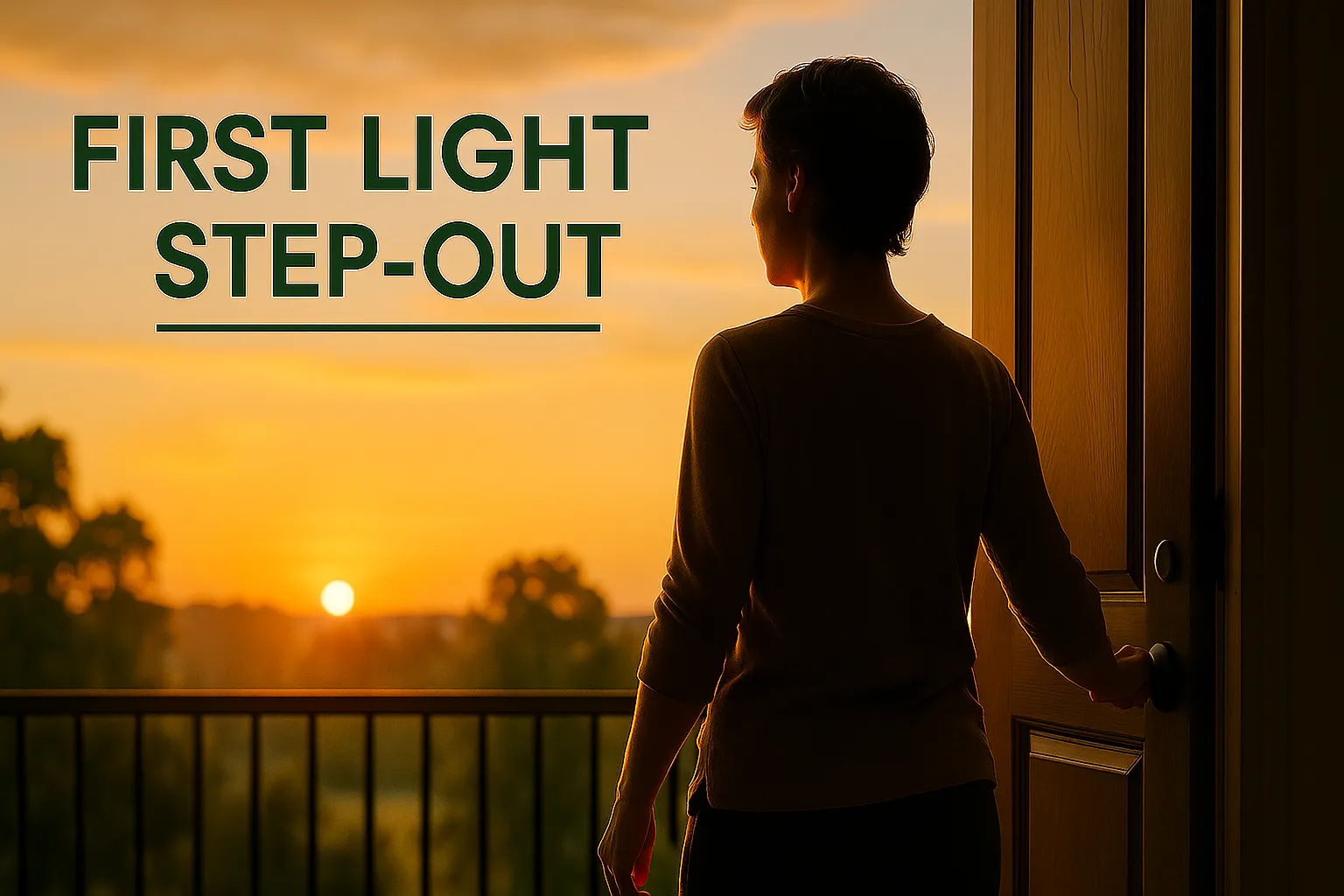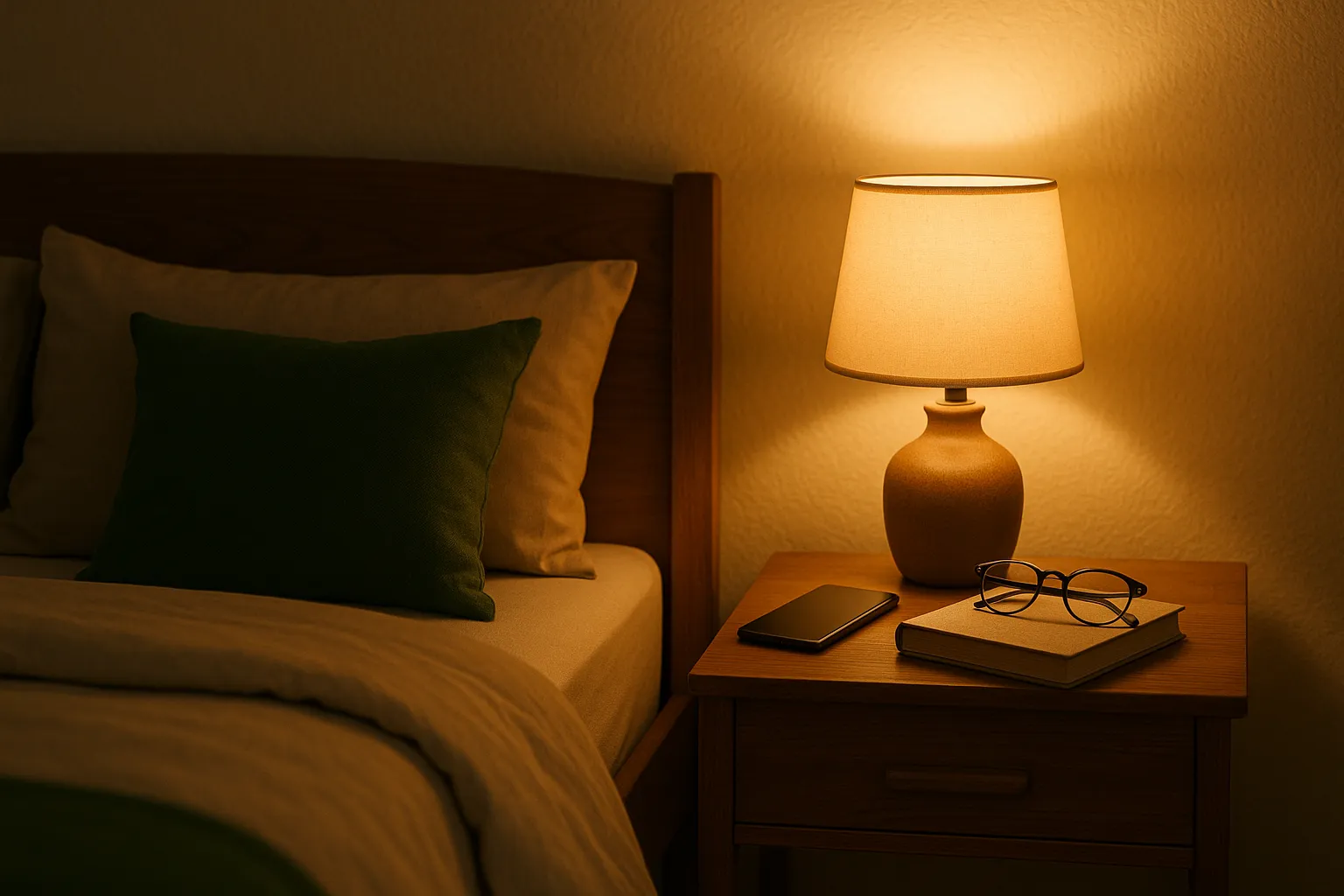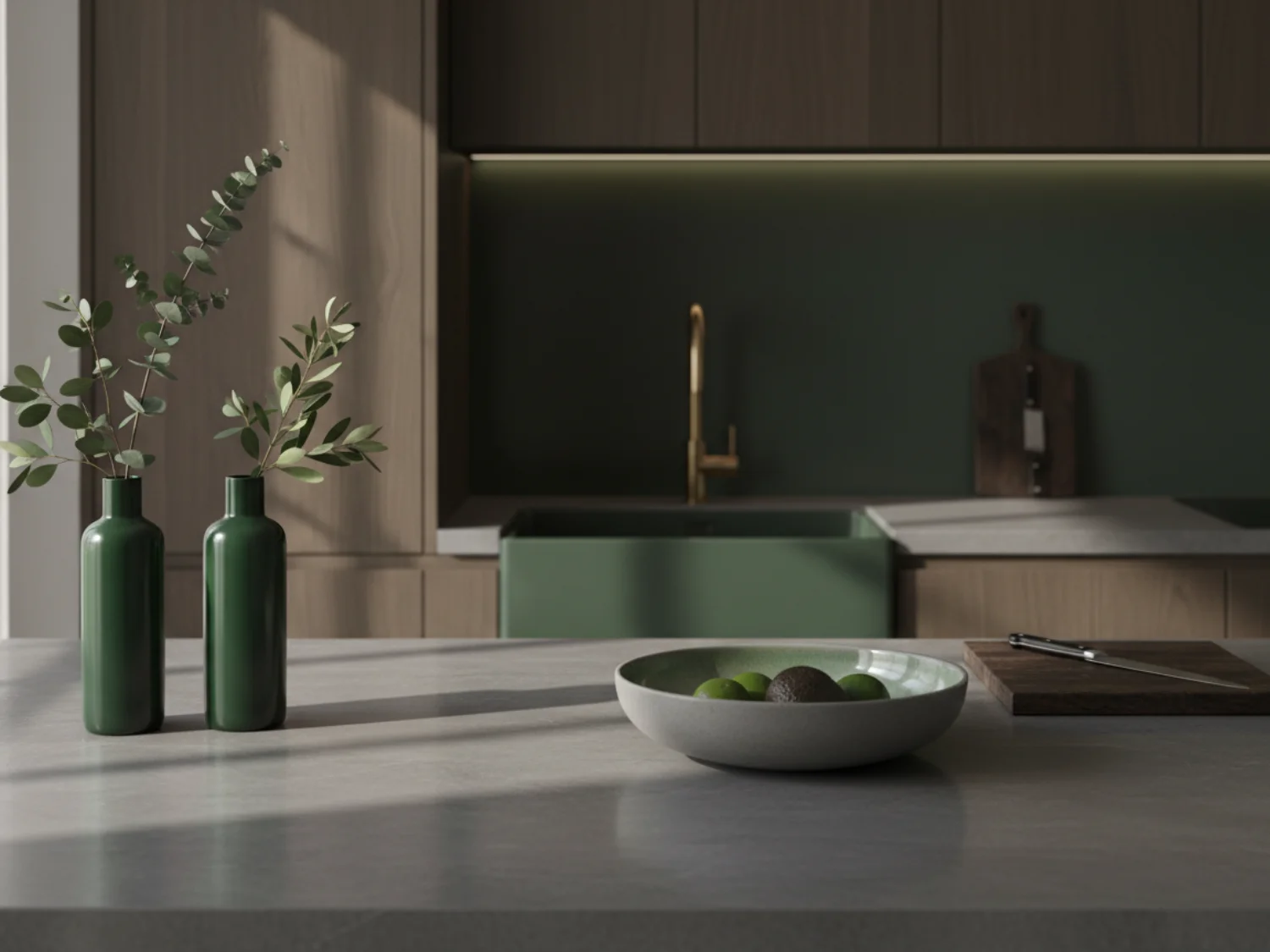The first light you see sets the tone for everything that follows. Step outside within an hour of waking and the day feels less jagged. Your eyes aren’t just seeing; they’re sensing brightness that syncs the clock in your brain with the clock in the sky. When those clocks agree, energy flows easier.

Morning light isn’t about suntans or hero rituals. It’s about contrast: brighter days and dimmer nights. Screens blur that contrast. Artificial light at midnight tells your biology that “day” is still happening, even as your mind begs for rest. Morning light, by comparison, is a gentle anchor. You don’t need a perfect routine—cloudy days count. Reflected light from buildings counts. A small walk around the block counts.

Over time, people describe a subtle re-patterning: meals slide into steadier times, late-night cravings quiet down, and bedtime stops drifting. You fall asleep closer to when you intended. You wake a touch earlier, and it sticks. There’s a calmer edge to the afternoon, like the day has room to breathe.
This isn’t a moral achievement. It’s a physical input—free, repeatable, forgiving. Miss a day and nothing breaks. Catch tomorrow’s sunrise and you’re back in rhythm.
Ready to turn what you just learned into a plan you can follow?
KeyMacro creates simple, high-protein weekly meal plans in seconds — no tracking, no overwhelm, no complicated decisions.
Start your first plan today.

















